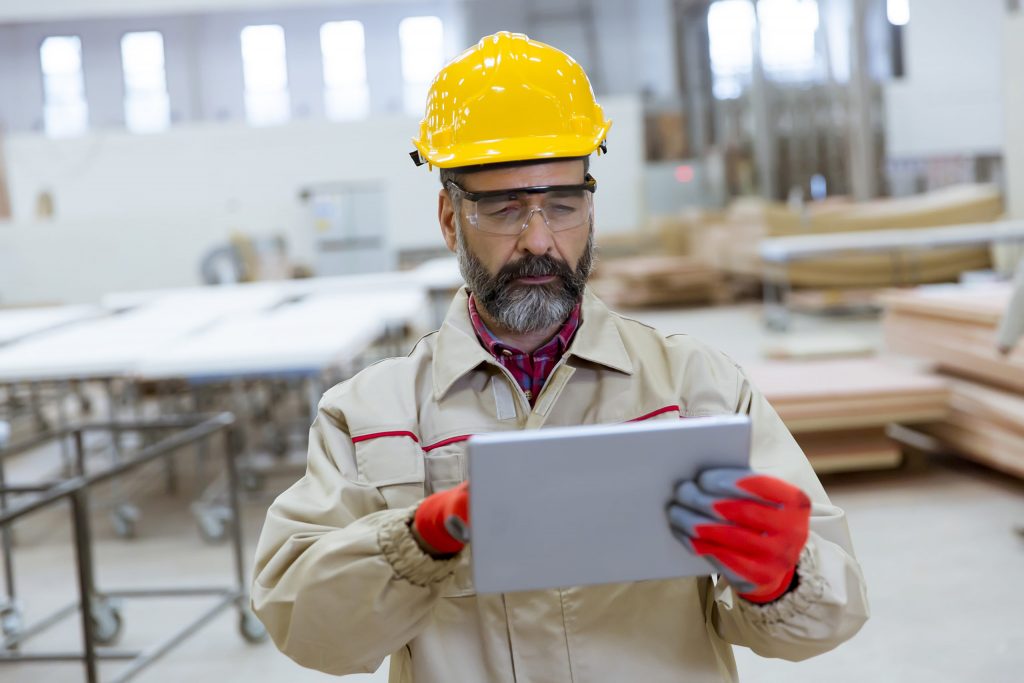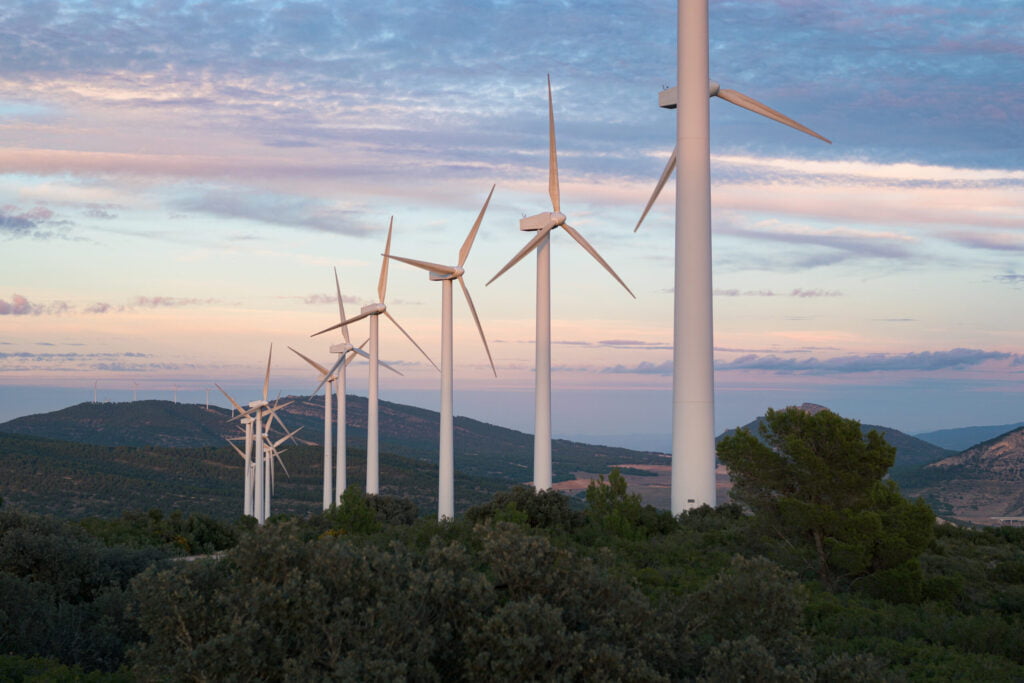If you are looking to re-roof your factory, there are many factors to consider before choosing the right type of roofing. The type of roofing you choose will depend on the climate, the building materials, the slope of the roof, and the budget. Keep reading to learn more about how to choose the right kind of industrial roofing for your factory.
Consider the climate where you operate.
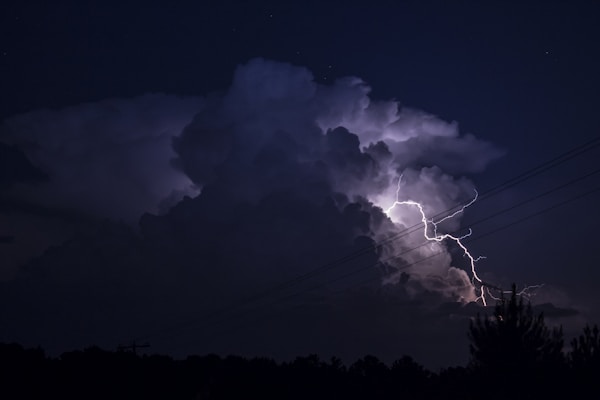
When it comes to industrial roofing for factories, there are a few different things that need to be considered. The climate is one of the most important factors, as the type of roofing needed will vary depending on the weather conditions. If you live in an area with extreme weather conditions, you will need a roof system that can withstand harsh temperatures and weather conditions. If you live in a milder climate, however, you may be able to get away with a less sturdy roof.
Not all roof systems are created equal in terms of their ability to keep out heat or cold, so make sure you pick one that will work well in your climate zone.
Understand the most popular types of industrial roofing materials.
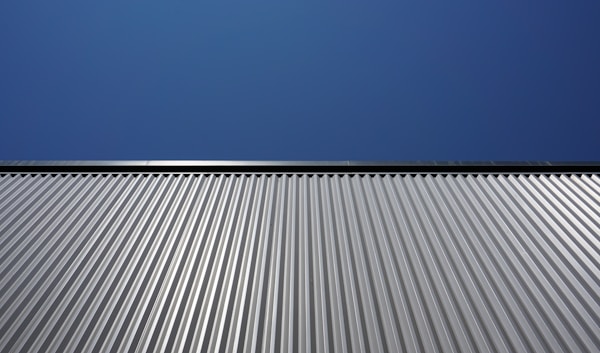
The three most popular types of industrial roofing materials are metal, slate, and tile. These three roofing materials are built to handle the demanding needs of an industrial facility.
Metal roofing is a popular choice for factories for a number of reasons. Metal is a remarkably strong material that can withstand a lot of wear and tear. It is also a good insulator, which means that it can help keep the factory warm in the winter and cool in the summer. Metal roofing is also exceedingly durable and can last for many years without needing to be replaced.
Factory owners have several roofing options to choose from, but slate roofing is a popular choice. Slate is a natural material that is durable and long-lasting. It is also fire- and weather-resistant, making it a good choice for factories. Slate roofing is also Energy Star-rated, meaning it can help reduce energy costs.
Tile roofing is a popular choice for factories for various reasons. Tile roofing is exceptionally durable and can last for many years with little to no maintenance. Tile roofing is also fire resistant, which is important for factories where there is a risk of fire. Tile roofing is also a good choice for climates that experience a lot of rain, as it is water-resistant.
Don’t forget the type of roofing.
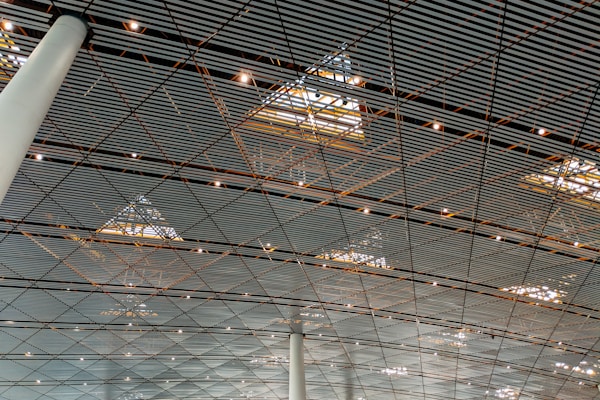
Aside from the roof system materials, you also need to consider the type of roofing itself. Industrial roofing comes in a variety of shapes and sizes, each designed for a specific purpose. The two main types of industrial roofing are pitched roofs and flat roofs.
Pitched roof systems are ideal for climates that experience extreme weather conditions, such as heavy snow or rain. They have a sloped shape that allows water and snow to run off easily, preventing damage to the building’s structure. Pitched roof systems are also generally made from heavier materials than other kinds of industrial roofing, making them better suited for buildings with a large footprint.
Flat roofs are perfect for hot climates where there is little chance of snow or ice accumulation. They are also cheaper and easier to install than pitched roof systems. However, they must be regularly inspected and repaired due to their vulnerability to leaks and other damage.
Enjoy your new roof.
Now that you know some tips for finding the right kind of roofing for your factory, you can make an informed decision. Remember to consider the climate, the kind of roofing materials, and the type of roofing itself.




